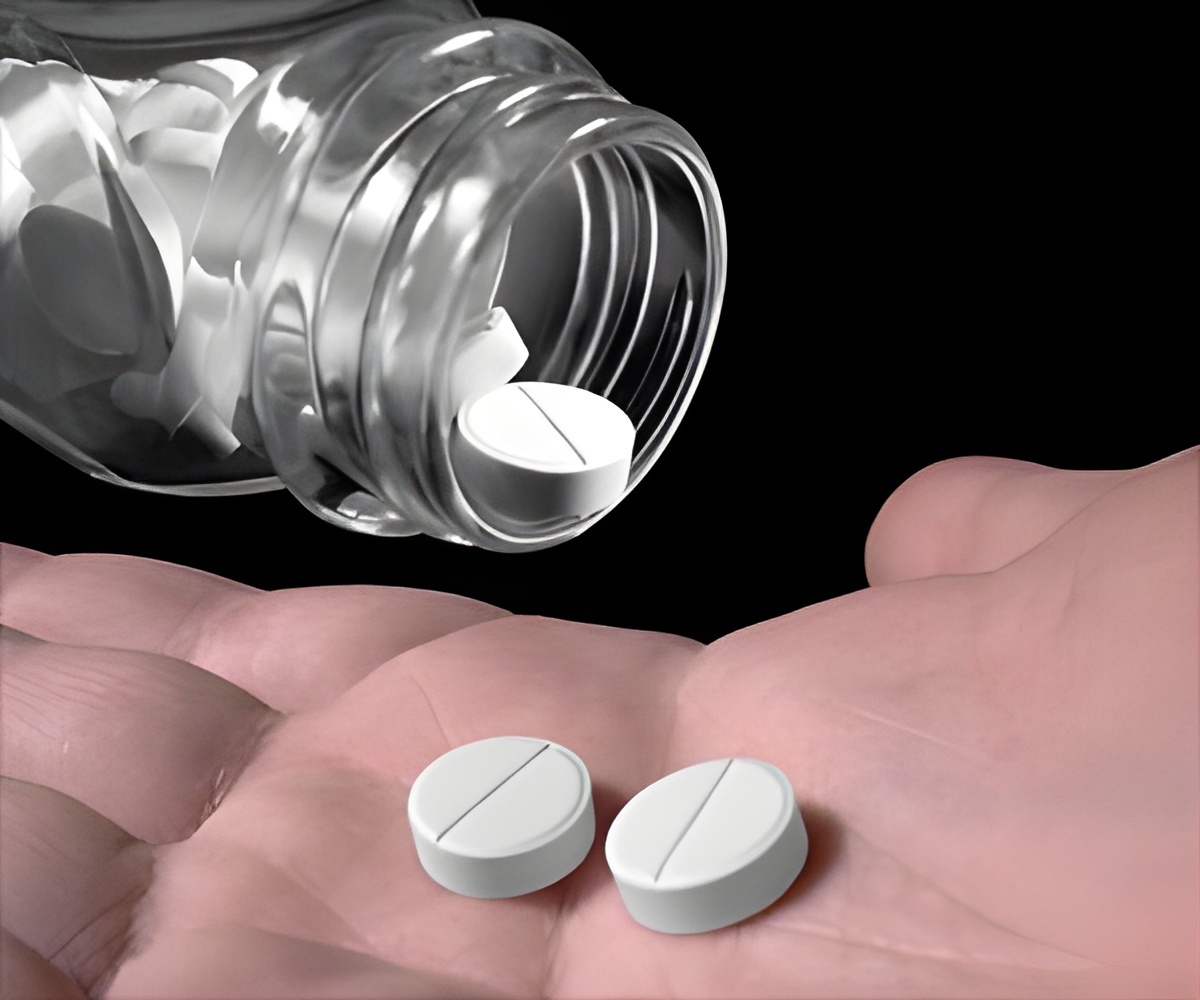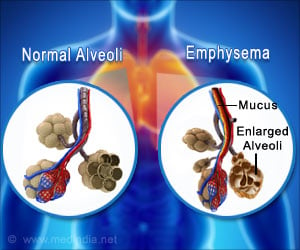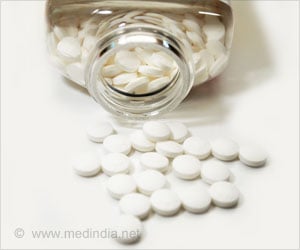Heart patients taking aspirin has an additional benefit for colorectal cancer protection but it is not recommended for colorectal cancer patients alone.

The new guidelines suggested that low-dose aspirin could help men 45 to 79 and women 55 to 79 prevent heart disease. The draft recommendations also noted for the first time that aspirin taken to prevent heart disease also appears to decrease risk of colon cancer. However, the task force is not recommending that aspirin be used solely to prevent colon cancer.
"We think for people taking aspirin to prevent cardiovascular disease, there is an additional benefit for colorectal cancer protection. We're not recommending you take aspirin for colorectal cancer if you're not at high risk for cardiovascular disease," said Owens.
The task force recommendations only apply to people at increased risk for heart disease, not people who have had a heart attack or stroke and are trying to prevent a second episode, said Dr. Elliott Antman, immediate past president of the American Heart Association.
The American Heart Association and the American College of Cardiology in 2013 unveiled a new risk calculator for heart disease, which the task force used in making its recommendations, said Antman.
People in their 50s who have a 10 percent or greater risk of developing heart disease over the next 10 years and not at increased risk for bleeding have the best chance of benefiting from 81 milligrams (mg) of aspirin taken every day, the task force concluded.
Advertisement
People in their 60s might also benefit if they have a 10 percent or greater risk of heart disease during the next decade, but the task force said that's an "individual" decision, and the net benefit "is at least small.” People in that age range "who place a higher value on the potential benefits than the potential harms may choose to use low-dose aspirin," the task force said in a summary of its recommendations.
Advertisement
Source-Medindia















